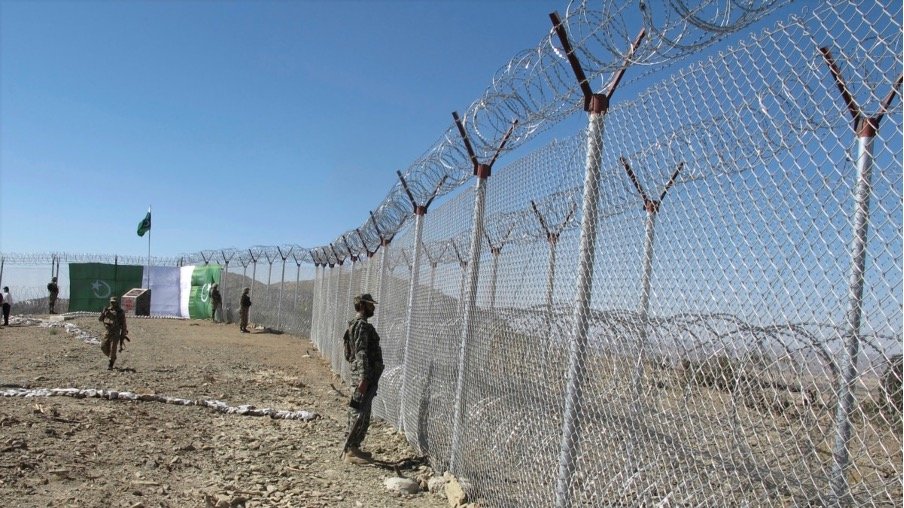Durand Line and the UN Charter: A Legal Case for Afghanistan’s Border Rights

Along the Durand Line
By Rahmatullah Achakzai
As the world watches the unfolding humanitarian and security crisis in Afghanistan, a dangerous and overlooked violation of international law festers along its eastern border.
The Durand Line — a colonial construct imposed by the British in 1893 — remains an unresolved wound, a legal anomaly, and a geopolitical flashpoint.
Pakistan’s aggressive fencing of the line, repeated airstrikes inside Afghan territory, and mass expulsions of Afghan refugees constitute not only acts of hostility but also direct violations of Afghan sovereignty and the United Nations Charter.
The Durand Agreement, signed under British imperial pressure between Sir Mortimer Durand and Amir Abdur Rahman Khan, was never meant to be a permanent international boundary. It expired after 100 years in 1993, and Afghanistan — then and now — has never recognized it as a legitimate border. Despite repeated protests from successive Afghan governments, Pakistan has unilaterally attempted to convert this historical demarcation into a fortified border, undermining the right of the Afghan people to territorial integrity.
The United Nations Charter, under Article 2(4), prohibits the threat or use of force against the territorial integrity or political independence of any state. Pakistan’s fencing of the Durand Line without Afghan consent — often deep into disputed territory — amounts to a de facto annexation and an illegal alteration of borders through force.
Violations of Sovereignty: Fencing, Airstrikes, and Forced Expulsions
In recent years, Pakistan has accelerated the construction of a militarized fence along the Durand Line. Afghan border villages have been split, communities severed, and trade routes choked — all without legal justification. More concerning are Pakistan’s airstrikes in provinces like Khost, Paktika, and Nangarhar, killing civilians under the guise of targeting insurgents. Such unilateral military actions, conducted without UN authorization or Afghan consent, are stark violations of international humanitarian law and the sovereignty of Afghanistan.
Further compounding these violations is Pakistan’s brutal campaign of mass deportations. Since 2023, hundreds of thousands of Afghan refugees — many of them women, children, and ethnic minorities — have been forced out under threat of arrest or worse. These expulsions defy the 1951 Refugee Convention, to which Pakistan is not a signatory but remains bound under customary international law. The principle of non-refoulement forbids returning refugees to a country where their lives may be in danger — yet Pakistan continues to do just that with impunity.
Despite clear violations, the United Nations and its member states have been largely silent. This silence must end. Afghanistan, though currently under an unrecognized regime, remains a sovereign state and a UN member. The UN General Assembly and the Security Council must call out these violations and uphold the foundational principles of the Charter.
Pakistan’s actions erode not just Afghan sovereignty, but the very framework of international order. If a country can militarize a disputed colonial boundary, bomb its neighbor at will, and expel half a million people without consequence, then what remains of international law?
Human rights organizations, legal scholars, and sympathetic governments must assist Afghanistan in documenting these violations and seeking redress.
Rahmatullah Achakzai is a journalist based in Balochistan, covering human rights, regional politics, and cross-border issues.
Note: The contents of the article are of sole responsibility of the author. Afghan Diaspora Network will not be responsible for any inaccurate or incorrect statement in the articles.






